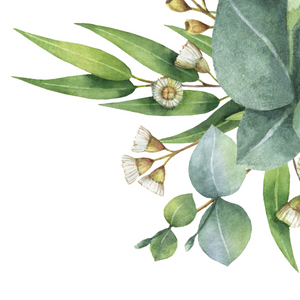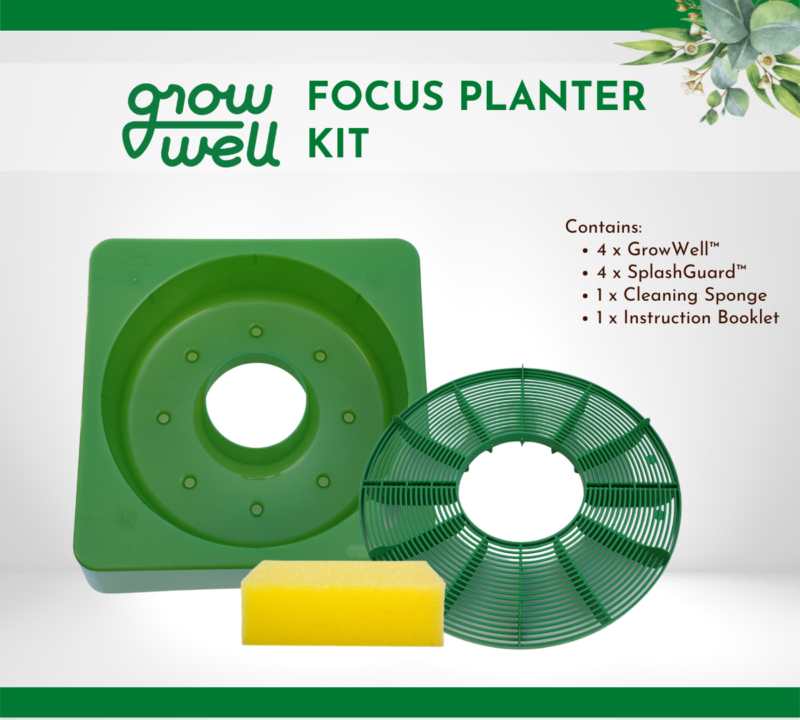The Focus Planting Method
“Cleverly focus your efforts and resources to the health of each individual plant.”
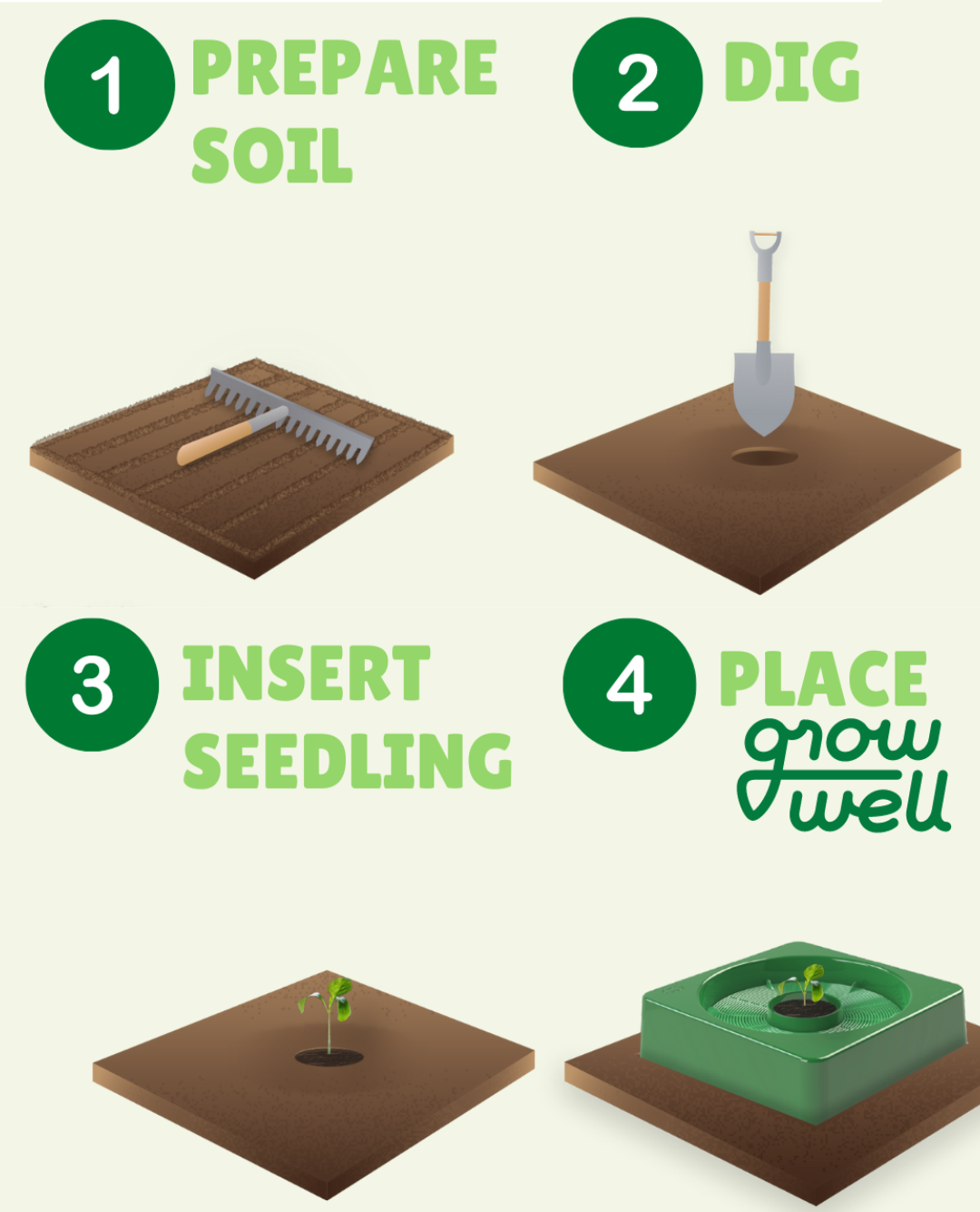

Water is precious
Existing methods of watering home grown garden plants, fruit and vegetables have been well established and typically include: watering by use of a watering can or by hose, via constructed water canals known as furrows, using sprinklers, or even alternative timed and manually-operated drip irrigation systems.
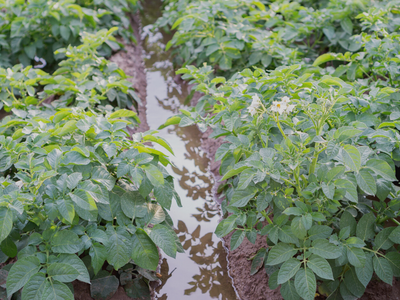
Surface Irrigation
Water is applied into long, U-shaped channels on the soil surface known as furrows. Surface must be well-managed to establish longitudinal slopes that allow for uniform and efficient water application.
- PROs
- Low start-up cost
- Low maintenance cost
- Low investment in modern technology required
- CONs
- Large water volumes required
- Soil analysis is critical
- High labour requirements
- Extensive tilling needed to ensure land is levelled for uniform water infiltration
- Soil displacement becomes difficult to manage
- Degradation of furrow occurs over time due to weather and animal interactions
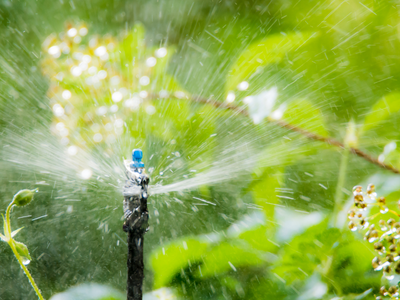
Sprinkler Irrigation
Water is pressurised, delivered through piping and sprayed into the air before landing onto the soil surface.
- PROs
- Easy watering
- High water distribution effectiveness
- Adaptable to sloping lands
- Low manual labour requirements
- Easily automated
- Dense cropping possible
- CONs
- High start-up & operating cost
- Large stable water supply required
- Wetting of foliage results in undesirable disease development in some crops
- Indiscriminate watering of weeds
- Water loss via overspray, evaporation, wind drift and run-off
- Worn equipment reduces water placement efficiency
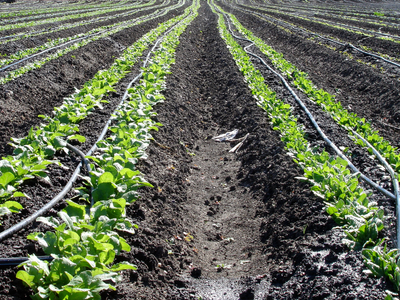
Drip Irrigation
Controlled delivery of water through tubing which is applied through fine emitters reaching specific soil surfaces.
- PROs
- High irrigation efficiency
- Suited to all landscapes
- Nutrient application within water
- Reduced weed growth
- Low manual labour requirements
- Systems easily automated
- CONs
- High installation and maintenance costs
- Requires treated and filtered water
- Installation after tilling is timely critical
- Requires monitoring and efficient management
- Unsuited to all plant types
- Irrigation tubing not reusable at the end of season completion
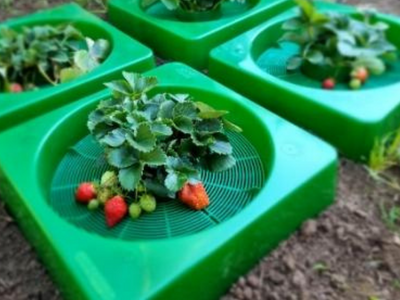
Focus Planting
Patent-pending designs by Focus Planting Australia. Nutrients and water are focussed to each plant. A sustainable approach to planting.
- BENEFITS
- Suited to a wide range of fruits, vegetables and ornamental plants
- Less laborious soil preparation
- Minimal or no land tilling
- Much reduced weeding
- Run-off water eliminated
- Rapid water replenishment of roots
- Avoids expensive mulches
- Suited to sloping land
- Reduces evaporation around roots
- Prevents soil erosion
- Rapid, controlled and measurable watering
- Integrates with high-flow irrigation
- Focussed fertilising
- Organic growing potential
- Minimised work efforts
- Significant cost savings
and more!

Surface Irrigation
Water is applied into long, U-shaped channels on the soil surface known as furrows. Surface must be well-managed to establish longitudinal slopes that allow for uniform and efficient water application.

Sprinkler Irrigation
Water is pressurised, delivered through piping and sprayed into the air before landing onto the soil surface.

Drip Irrigation
Controlled delivery of water through tubing which is applied through fine emitters reaching specific soil surfaces.

Focus Planting
Patent-pending designs by Focus Planting Australia. Nutrients and water are focussed to each plant. A sustainable approach to planting.
- PROs
- Low start-up cost
- Low maintenance cost
- Low investment in modern technology required
- CONs
- Large water volumes required
- Soil analysis is critical
- High labour requirements
- Extensive tilling needed to ensure land is levelled for uniform water infiltration
- Soil displacement becomes difficult to manage
- Degradation of furrow occurs over time due to weather and animal interactions
- PROs
- Easy watering
- High water distribution effectiveness
- Adaptable to sloping lands
- Low manual labour requirements
- Easily automated
- Dense cropping possible
- CONs
- High start-up & operating cost
- Large stable water supply required
- Wetting of foliage results in undesirable disease development in some crops
- Indiscriminate watering of weeds
- Water loss via overspray, evaporation, wind drift and run-off
- Worn equipment reduces water placement efficiency
- PROs
- High irrigation efficiency
- Suited to all landscapes
- Nutrient application within water
- Reduced weed growth
- Low manual labour requirements
- Systems easily automated
- CONs
- High installation and maintenance costs
- Requires treated and filtered water
- Installation after tilling is timely critical
- Requires monitoring and efficient management
- Unsuited to all plant types
- Irrigation tubing not reusable at the end of season completion
- BENEFITS
- Suited to a wide range of fruits, vegetables and ornamental plants
- Less laborious soil preparation
- Minimal or no land tilling
- Much reduced weeding
- Run-off water eliminated
- Rapid water replenishment of roots
- Avoids expensive mulches
- Suited to sloping land
- Reduces evaporation around roots
- Prevents soil erosion
- Rapid, controlled and measurable watering
- Integrates with high-flow irrigation
- Focussed fertilising
- Organic growing potential
- Minimised work efforts
- Significant cost savings
and more!
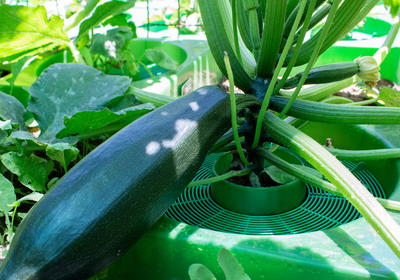
Start Focus Planting today!
Mindful practice for future populations
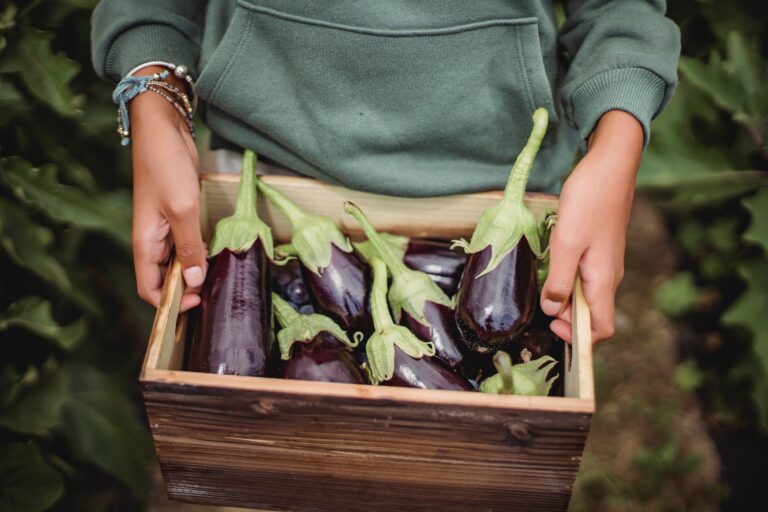
The world’s population is expected to increase to 9.7 billion in 2050 and this will ultimately increase the demand for food and consequently impact the planet’s environment, social and economic wellbeing.
Food production requires significant resource usage in terms of energy, fertilisers, labour and water. Natural resources are precious, and with current methods are copiously utilised in horticultural and agricultural systems worldwide.
The design and implementation of alternative practices to food production are increasingly required to promote efficient utilisation and management of key natural resources.
Focus Planting Australia aspires to drive awareness and understanding around these factors to inspire a new sustainable methodology and technology to planting food and ornamental crops.
